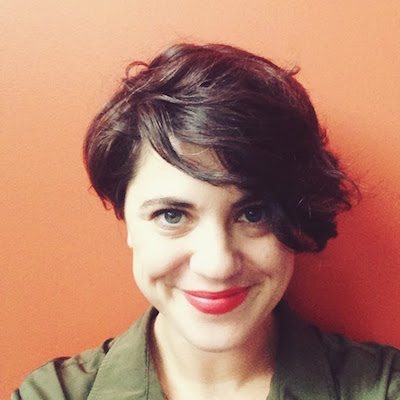The conversation around the disruption of the news is surrounded by fear. We pick apart the successes and failures of massive media experiments with little sensitivity for the humans behind the screen. But even as editors and owners clash and journalists and technologists are pitted against each other, a movement of collaboration and experimentation rises, growing stronger everyday.
 A growing contingent of pioneers have been working on the ground to build the new frontier of news. Many of them organizing through the global grassroots movement of Hacks/Hackers, where I’m now the executive director. In just five years, a community of 60,000 people around the world has grown in more than 80 locations. From every avenue, people flock to this space where journalists and technologists work together outside of their normal workplace in environments that encourage collaboration, community, and creativity.
A growing contingent of pioneers have been working on the ground to build the new frontier of news. Many of them organizing through the global grassroots movement of Hacks/Hackers, where I’m now the executive director. In just five years, a community of 60,000 people around the world has grown in more than 80 locations. From every avenue, people flock to this space where journalists and technologists work together outside of their normal workplace in environments that encourage collaboration, community, and creativity.
Reflecting on technology’s disruption of journalism Emily Bell recently declared: “No serious news organization can expect to have an audience or a future if it hasn’t already worked out its place in the digital ecosystem.” I’ll add my own call that the ecosystem of the journalism industry requires an awakening to a collaborative and supportive environment where we unify to better serve public information needs.
That movement is growing. There are communities actively embracing the unification of journalism and technology all around the world. (Are you part of one? Take this quick survey.) It will continue to expand as a space of inclusivity, cross-disciplinary experimentation and where diversity is valued.
Not only will that integration become mainstream, but I predict that in 2015 we’ll see it flourish with an increase of creativity and imagination in how we solve public information needs. Here are three ways I see this happening:
We’ll see more projects like Melody Kramer’s People Not In News Commenting On The News embark on active listening and communicating with audiences in new ways. Those conversations will inform innovation in reporting and design methodologies and continue to revolutionize the ways we keep communities informed.
Projects like the documentary Broken City Poets from Youth Speaks and the Center for Investigative Reporting pair poetry and investigative reporting to share stories of the community in Stockton. In 2015, Hacks/Hackers launches its own creative experiment piloting Convergences, conjoining arts and community to collect, analyze and tell stories with data. In this case, we’re looking at the changing skills of the modern journalist and the shape, scale, vitality, hybridity and dynamism of the growing Hacks/Hackers network.
As we increasingly communicate with global audiences, discoveries will be made that leverage illustration, the arts, and software engineering to explore multi-language tools and strategies to help people share stories across wider communities and discover ways to open up access to information.
Jeanne Brooks is the executive director of Hacks/Hackers.